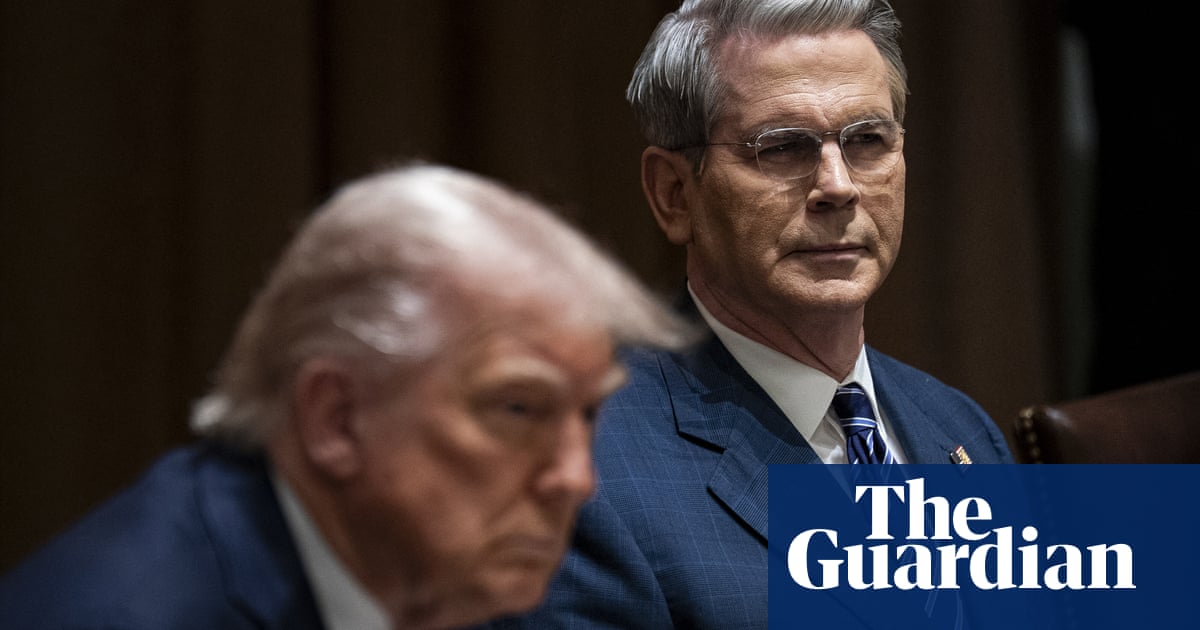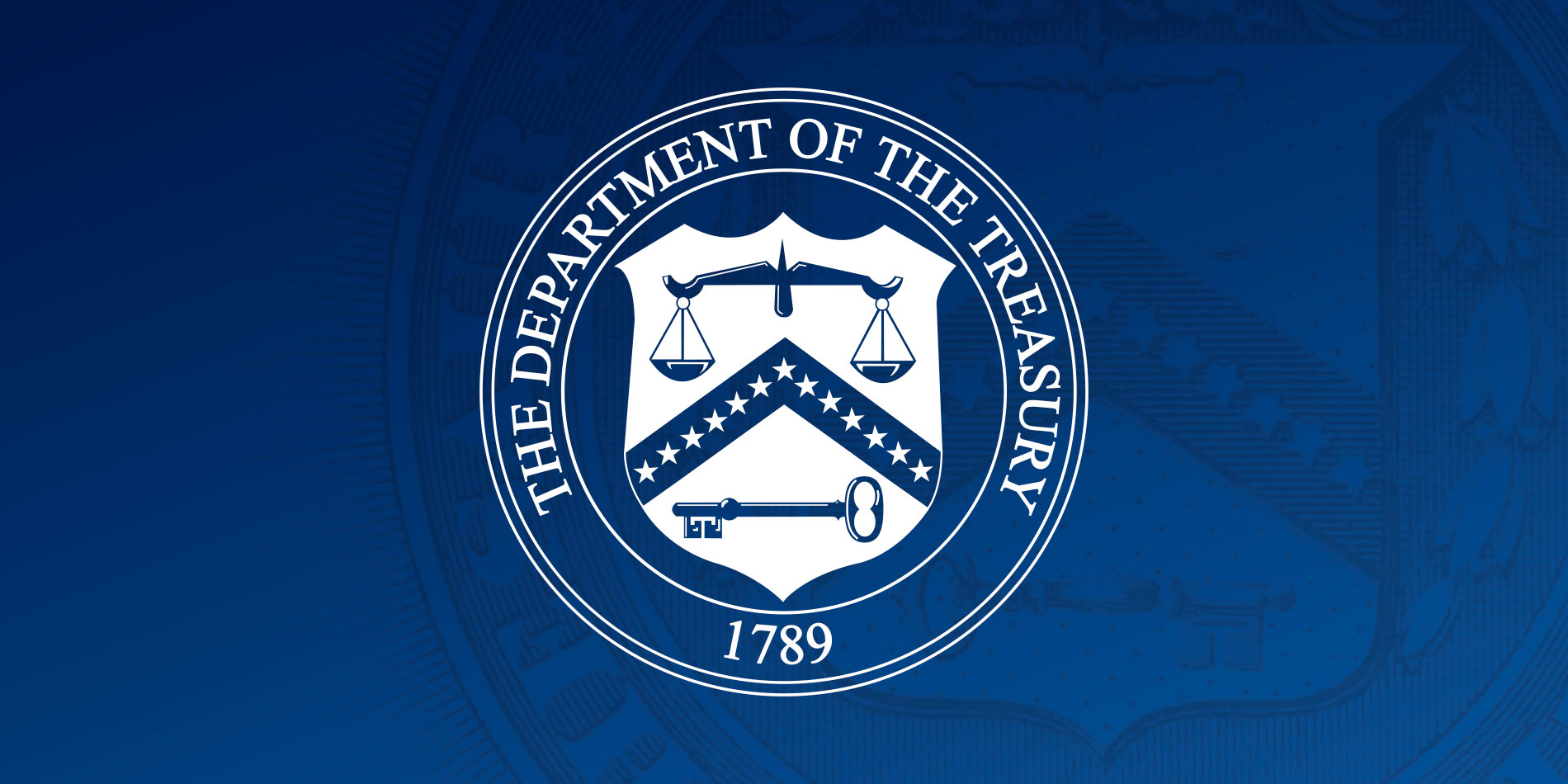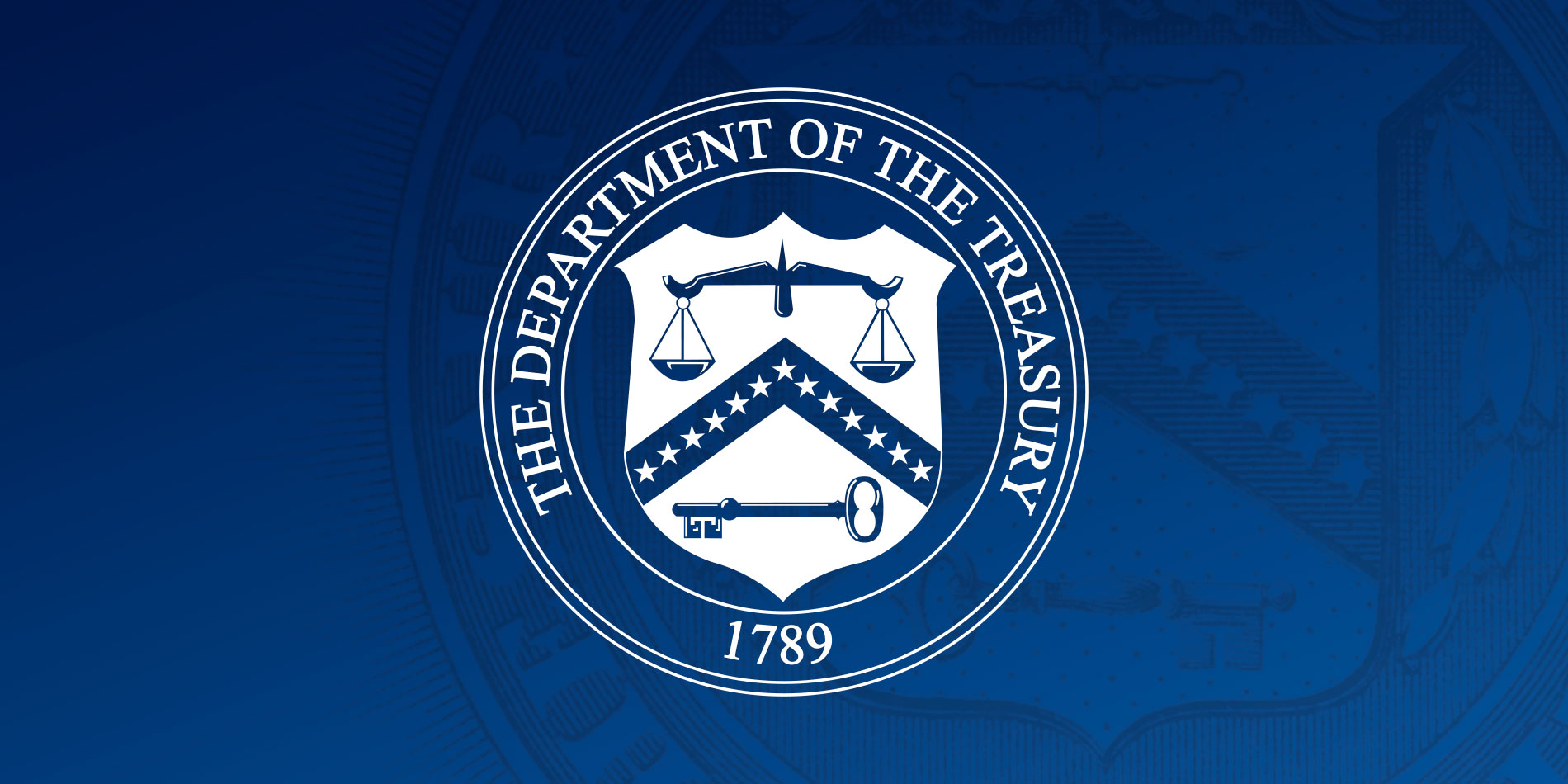## Is Trump Playing 4D Chess With Global Trade?
The world is watching, nervously tapping their fingers, as President Trump wages his trade wars. While some see chaotic tariffs and trade spats, Treasury Secretary Scott Bessent sees something else entirely: strategic genius.

Bessent boldly claims Trump is a master at creating “leverage” through “strategic uncertainty,” leaving trading partners reeling and scrambling.
But is this high-stakes gamble working? Is Trump truly playing a game of global economic chess that we can’t even begin to understand? Or is this just bluster and bravado, threatening to crash the global economy?

Economic Fallout: Empty Shelves and Price Hikes

The Trump administration’s escalating trade war with China is sending ripples through the global economy, threatening to disrupt supply chains and inflate prices for American consumers and businesses. Retailers have reportedly warned the White House that tariffs could lead to empty shelves within weeks, as Chinese imports become increasingly expensive.
A prime example is the fast-fashion giant Shein, which recently raised prices across its product range, including dresses, kitchenware, and toys, in anticipation of impending tariffs on small parcels. The average price increase for the top 100 products in the beauty and health category soared by 51%, while home and kitchen products saw a rise of over 30%. Even a 10-piece set of kitchen towels experienced a staggering 377% price hike.
These price increases are likely to trickle down to consumers, eroding purchasing power and potentially fueling inflation. Businesses, too, will face added costs, squeezing profit margins and potentially leading to job losses.
Beyond the Immediate Impact: Long-Term Economic Repercussions
The potential economic fallout extends beyond the immediate impact of price hikes and supply chain disruptions. The ongoing trade war could dampen business investment and consumer confidence, ultimately hindering economic growth.
Tariffs act as a tax on imported goods, making them less competitive and potentially encouraging domestic production. However, this shift in production may not always be beneficial. If domestic industries lack the capacity or efficiency to meet increased demand, it could lead to shortages and further price increases.
Moreover, the uncertainty surrounding trade relations can make businesses hesitant to invest in new projects or expand operations. This can stifle innovation and economic growth.
The Trump Administration’s Justification: A Bet on American Prosperity
Despite the potential economic risks, the Trump administration argues that tariffs are necessary to protect American jobs, boost domestic industries, and address trade imbalances.
“America First” Trade Policy: Protecting National Security and Domestic Industries
The administration asserts that tariffs are a tool to protect national security by reducing reliance on foreign imports, particularly in critical sectors such as manufacturing and technology.
They argue that China’s unfair trade practices, including intellectual property theft and forced technology transfers, have harmed American businesses and workers.
By imposing tariffs, the administration aims to level the playing field and encourage companies to manufacture goods in the United States, thereby creating jobs and boosting domestic production.
Tax Relief and Economic Growth: A “Bonanza” for Americans
President Trump has repeatedly claimed that tariffs will ultimately benefit American taxpayers by reducing income taxes. He argues that the increased revenue generated from tariffs will offset the costs of government programs, leading to lower tax burdens for individuals and businesses.
He also predicts that tariffs will stimulate job growth and economic expansion, as businesses invest in domestic production and consumers benefit from lower prices on American-made goods.
However, critics argue that these claims are unsubstantiated and that tariffs are more likely to harm the economy than boost it.
Beyond China: US Trade Relations on Shaky Ground
While the trade war with China has dominated headlines, Trump’s trade policies have broader implications for US relations with other countries, including allies.
Strained Alliances: Discord Over Trade Practices
Tariffs imposed on goods from US allies, such as Canada and Mexico, have strained relationships and created uncertainty for businesses that rely on cross-border trade.
These actions have raised concerns that the Trump administration is prioritizing unilateralism over multilateral cooperation, potentially undermining the global trading system.
Moreover, US allies have expressed frustration that they are being caught in the crossfire of the trade war with China, facing higher costs and reduced market access.
A Shifting Global Landscape: The Rise of Regional Trade Blocs
The Trump administration’s “America First” approach has prompted some countries to seek alternative trade partners and explore the creation of regional trade blocs.
This trend could lead to a more fragmented global trading system, with countries aligning themselves based on shared economic interests rather than a multilateral framework.
The rise of regionalism could also create new opportunities for countries outside the United States, as they seek to capitalize on the shifting global landscape.
The Gamers’ Perspective: Winning and Losing in the Trade War
The ongoing trade war between the United States and China has significant implications for the world of gaming, a sector deeply intertwined with global supply chains and international trade.
From Reagan’s “Choppy” Path to Trump’s “Realignment”: Parallels and Predictions
Treasury Secretary Scott Bessent drew parallels between Trump’s approach and that of President Reagan in the 1980s, noting both administrations’ willingness to take tough stances on trade and their commitment to revitalizing American manufacturing.
However, the current trade war differs from the Reagan era in several key respects, including the scale of the economic stakes and the interconnectedness of global supply chains.
The potential long-term consequences of this trade war remain unclear, but experts warn that it could lead to a more fragmented global economy, increased economic uncertainty, and a decline in global trade.
The China Shock: Decades of Impact on American Workers
The Trump administration’s efforts to address the “China Shock” – the displacement of American workers due to the influx of inexpensive Chinese goods – have sparked debate about the role of trade in shaping economic inequality and job security.
While tariffs may offer some protection for domestic industries, they also raise concerns about higher prices for consumers and potential retaliation from trading partners.
The long-term solution to the China Shock may involve a combination of policies aimed at reskilling workers, investing in education and training, and fostering innovation and competitiveness in American industries.
The Future of Global Trade: A New World Order?
The trade war between the United States and China has significant implications for the future of global trade. It could lead to a more fragmented and protectionist global trading system, with countries prioritizing their own economic interests over multilateral cooperation.
This could have far-reaching consequences for businesses, consumers, and workers around the world. It remains to be seen whether the current trade tensions will ultimately lead to a new global trade order or whether a compromise can be reached to preserve the existing system.
Conclusion
Conclusion: The High-Stakes Game of Global Trade
In a bold move, Treasury Secretary Scott Bessent has come forward to defend the unorthodox trade tactics employed by the Trump administration, touting its effectiveness in creating “strategic uncertainty” that yields leverage in negotiations. According to Bessent, Trump’s unconventional approach has allowed the US to make significant gains in trade talks, catching adversaries off guard and forcing them to re-evaluate their positions. By highlighting the successes of this approach, Bessent is essentially arguing that uncertainty is a powerful tool in the game of global trade, and one that the US is uniquely equipped to wield.
The significance of this development cannot be overstated. The shifting landscape of global trade has left nations scrambling to adapt to a new reality, where tariffs and trade wars are increasingly being used as a means to achieve economic and strategic objectives. Bessent’s defense of Trump’s tactics underscores the fact that the rules of the game are being rewritten on the fly, and that those who can navigate this uncertainty with the greatest finesse will emerge as the winners. As the world’s economic powers continue to jockey for position, the implications of this approach will only continue to grow, shaping the future of international trade and commerce.
In the end, it is clear that the game of global trade has reached a new level of complexity and sophistication. As nations vie for economic supremacy, the ability to create and manage uncertainty will become an increasingly valuable asset. Will the US continue to hold the upper hand, or will other nations adapt and find ways to counter its leverage? Only time will tell, but one thing is certain: the stakes have never been higher, and the players will stop at nothing to claim victory. In this high-stakes game, one thing is clear: the art of creating uncertainty has become the ultimate currency of power.